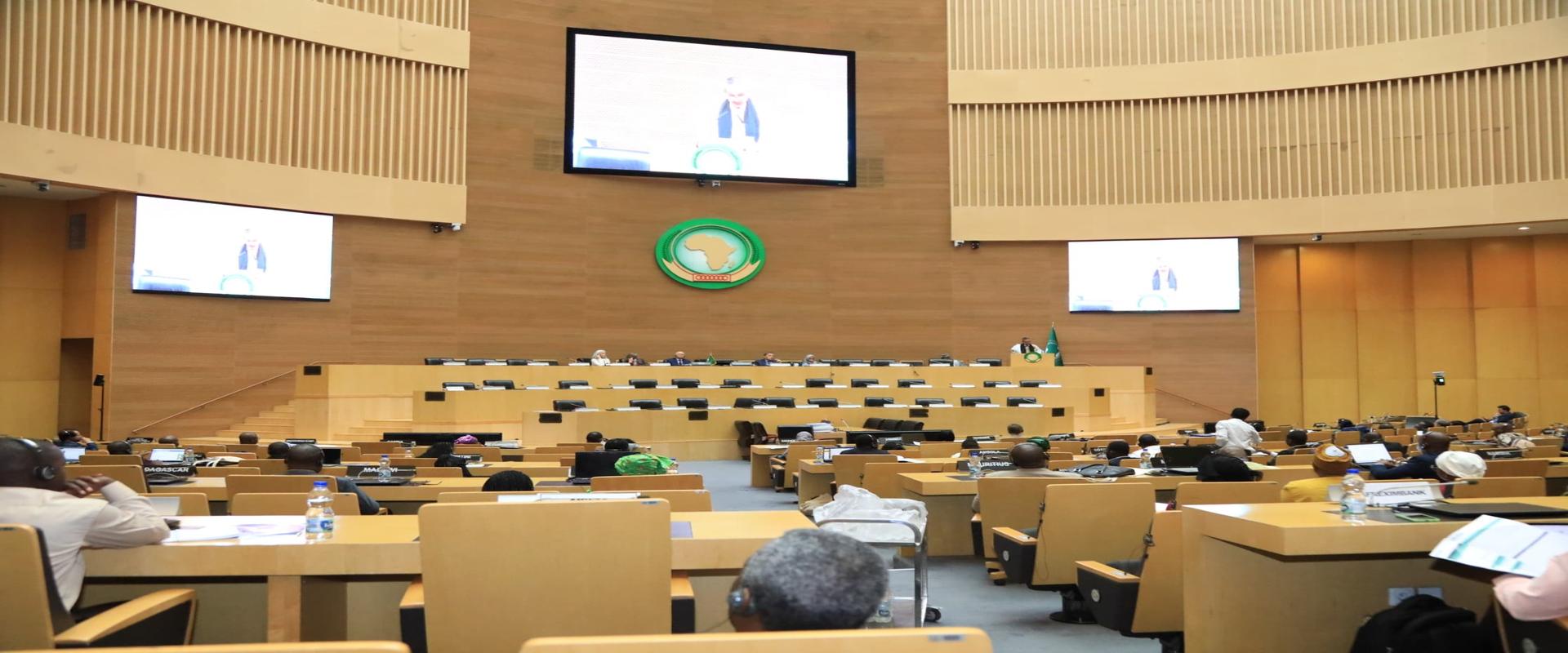The 3rd GPE KIX Continental Symposium on Research in Education, held in Addis Ababa, Ethiopia, from November 20-22, 2024, brought together policymakers, researchers, and education leaders from across Africa.
Under the theme Educate an African fit for the 21st century: Building resilient education systems for increased access to inclusive, lifelong, quality, and relevant learning in Africa, the symposium highlighted the urgent need for transformative policies to address the continent's education challenges. Here are the reflections on the key policy implications for 21st-century African education, drawing from the symposium's rich deliberations.
1. Rethinking Education for the 21st Century
The symposium highlighted the need to rethink African education systems to align with the demands of the 21st century. Traditional curricula and teaching methods are becoming outdated, as they fail to equip students with the critical thinking, problem-solving, and digital skills required in today's global economy.
The symposium noted that policymakers must prioritize curriculum reforms that integrate STEM (Science, Technology, Engineering, and Mathematics) education, foster innovation, and leverage technology to enhance learning outcomes.
One of the most compelling discussions centered on the importance of decolonizing African education systems. This involves developing curricula that reflect African realities, values, and languages. Teaching in mother tongues at the primary level, for instance, was identified as a critical step toward improving literacy and ensuring cultural relevance.
Policymakers must also create pathways that connect pre-primary, primary, secondary, and higher education, ensuring a structured and inclusive education for all learners.
2. Investing in Early Childhood Education
The symposium reinforced the transformative power of early childhood education (ECE) in shaping cognitive, social, and emotional development. Despite its proven benefits, ECE remains underfunded and inaccessible for many African children, particularly in rural areas. Policymakers must increase investments in public pre-primary education, ensuring that every child has access to quality early learning opportunities.
Moreover, the symposium emphasized the need for parental education programs to raise awareness about the importance of ECE. By engaging parents and communities, governments can create a supportive ecosystem that enhances early learning outcomes and sets the foundation for lifelong success.
3. Teacher Professional Development and Welfare
Teachers are the backbone of any education system, yet many African countries face a crisis in teacher training, motivation, and retention. The symposium called for robust investments in both pre-service and in-service teacher training, equipping educators with the skills to deliver 21st-century education.
Innovative approaches, such as peer mentoring, continuous professional development, and the use of low-tech solutions like WhatsApp for teacher training, were highlighted as effective strategies. However, training alone is not enough. Policymakers must also address the welfare of teachers by ensuring adequate remuneration, hardship allowances, and recognition for their contributions.
4. Leveraging Data for Evidence-Based Policymaking
Data-driven decision-making emerged as a recurring theme throughout the symposium. Robust Education Management Information Systems (EMIS) are essential for tracking progress, identifying gaps, and informing policy interventions. However, many African countries struggle with education data collection, analysis, and dissemination.
Policymakers must prioritize the development of EMIS policies that promote data coherence, accuracy, and accessibility. Open-source digital platforms, such as DHIS2 for Education, were highlighted as cost-effective solutions for improving data management. Additionally, capacity-building initiatives are needed to ensure that policymakers can interpret and use data effectively to drive educational reforms.
5. Promoting Inclusive and Equitable Education
Inclusion was a central theme at the symposium, with a strong focus on addressing the needs of marginalized groups, including girls, children with disabilities, and refugees. Despite progress in expanding access to education, significant disparities persist, particularly in rural areas and conflict zones.
Policymakers must adopt a human rights-based approach to education, ensuring that no child is left behind. This includes integrating assistive technologies for children with disabilities, creating safe spaces for girls, and developing targeted interventions for out-of-school children.
6. Harnessing Technology and Innovation
The potential of technology to transform African education was a major highlight of the symposium. From robotics and AI to Open Educational Resources (OER), innovative solutions are emerging to bridge the digital divide and enhance teaching and learning. However, the adoption of technology must be context-specific, addressing the unique challenges faced by African education systems.
Policymakers must invest in digital infrastructure, provide training for teachers and students, and ensure equitable access to technology. The symposium also highlighted the importance of leveraging low-tech solutions, such as mobile platforms, to reach underserved communities.
7. Strengthening Partnerships and Collaboration
The symposium spotlighted the critical need of collaboration among governments, researchers, and education stakeholders. Partnerships between ministries of education, universities, and development agencies are essential for generating and disseminating research that informs policy and practice.
From the deliberations, the symposium urged policymakers to create platforms for dialogue and knowledge-sharing, ensuring that research findings are translated into actions. The symposium also called for greater cooperation among African countries, enabling the exchange of best practices.
8. Addressing Climate Change and Sustainability
The impact of climate change on education was another critical issue discussed at the symposium. As environmental challenges intensify, education systems must adapt to ensure resilience.
Policymakers must integrate climate change adaptation and sustainability into education sector plans, equipping students with the knowledge and skills to address environmental challenges they encounter.
A Call to Action
The 3rd GPE KIX Symposium was a powerful reminder of the transformative potential of education in Africa. However, realizing this potential requires bold and decisive action from policymakers. African countries can build education systems that are fit for the 21st century realities by prioritizing curriculum reforms, investing in early childhood education, supporting teacher development and welfare, leveraging data, promoting inclusivity, and harnessing technology.
As we move forward, it is crucial that the recommendations from the symposium are translated into concrete policies and actions. The time for change is now, and the future of Africa's children depends on the continent's collective commitment to transforming education.


